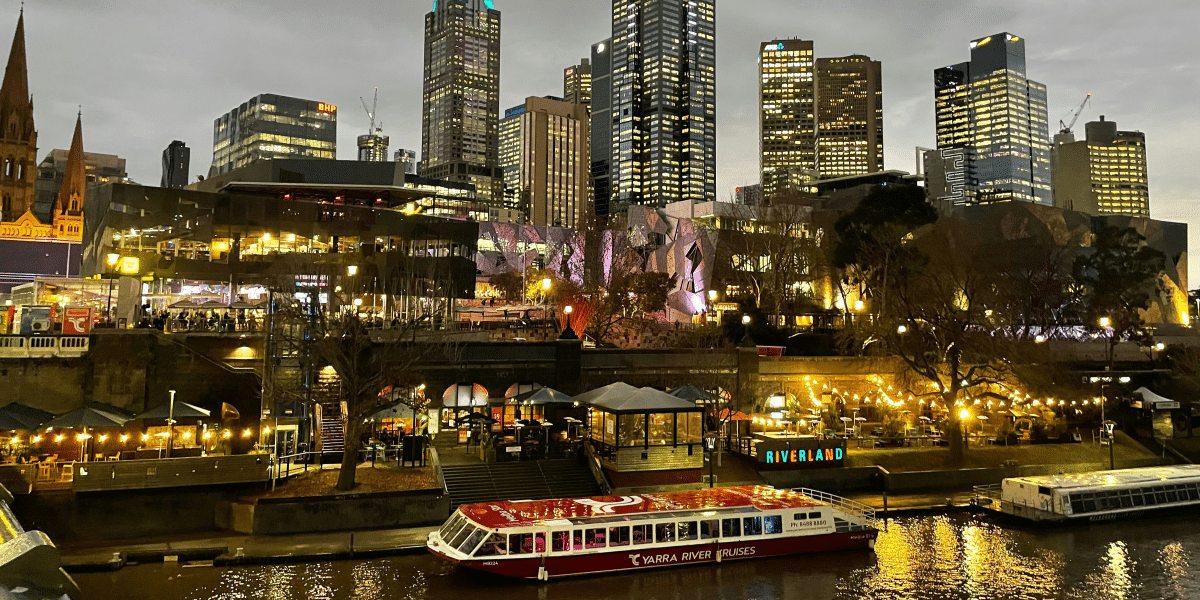Miami is famous for its stunning beaches, attracting millions of visitors each year with their pristine sands and crystal-clear waters. These beaches are not only a cornerstone of the city’s tourism industry but also play a crucial role in the local ecosystem. However, with the growing threats of climate change and human activity, coastal conservation efforts in Miami have become more important than ever. Let’s explore the significance of Miami’s beaches and the initiatives in place to protect them.
Why Are Miami’s Beaches So Important?
Miami’s beaches are vital to the city’s economy, drawing tourists from around the world. The tourism industry in Miami generates billions of dollars annually, and the beaches are a major attraction. Hotels, restaurants, and local businesses thrive thanks to the influx of beachgoers, creating numerous jobs and supporting the local economy.
Beyond their economic impact, Miami’s beaches are essential for the environment. They serve as habitats for various species of wildlife, including sea turtles, shorebirds, and marine life. These ecosystems rely on healthy beach environments to thrive. Additionally, beaches act as natural barriers, protecting inland areas from storm surges and coastal erosion.
What Threats Are Miami’s Beaches Facing?
Despite their beauty and importance, Miami’s beaches face several threats. Climate change is one of the most significant challenges, leading to rising sea levels and increased frequency of severe weather events. These changes can cause beach erosion, flooding, and damage to infrastructure.
Human activity also poses a threat to Miami’s beaches. Overdevelopment, pollution, and irresponsible tourism practices can degrade beach environments. Litter, plastic waste, and chemical runoff from nearby urban areas can harm wildlife and disrupt ecosystems.
Another pressing issue is beach erosion, which is exacerbated by both natural processes and human interference. Erosion can lead to the loss of valuable beach areas, negatively impacting tourism and local habitats.
How Is Miami Addressing Coastal Conservation?
Miami has implemented various coastal conservation efforts to combat these threats and preserve its beaches. One of the primary strategies is beach nourishment, which involves adding sand to eroding beaches to restore their width and health. This process helps protect coastal properties and infrastructure while maintaining the natural beauty of the beaches.
The city also engages in dune restoration projects. Dunes are vital for protecting inland areas from storm surges and erosion. By planting native vegetation and building up dune structures, Miami is enhancing the natural defense mechanisms of its coastline.
Marine conservation is another critical aspect of Miami’s efforts. Protecting coral reefs, seagrass beds, and mangrove forests is essential for maintaining healthy marine ecosystems. These habitats support a wide range of marine species and provide natural barriers against storm impacts.
What Role Do Local Organizations Play in Conservation?
Local organizations and community groups are key players in Miami’s coastal conservation efforts. Groups like the Miami Beach Environmental Coalition and the Biscayne Bay Foundation work tirelessly to promote awareness, advocate for policy changes, and organize conservation activities.
These organizations often lead beach cleanups, removing litter and debris to keep the beaches pristine. They also conduct educational programs to inform residents and visitors about the importance of coastal conservation and how they can contribute.
Partnerships between government agencies, non-profits, and the private sector are crucial for the success of these initiatives. Collaborative efforts ensure that resources are effectively used and that conservation strategies are comprehensive and impactful.
How Can Visitors and Residents Help?
Everyone has a role to play in protecting Miami’s beaches. Simple actions can make a significant difference in conservation efforts. Visitors and residents can help by:
- Reducing Plastic Use: Avoiding single-use plastics and properly disposing of waste can reduce pollution. Participating in local recycling programs and using reusable items can significantly decrease plastic waste.
- Respecting Wildlife: Maintaining a safe distance from wildlife and not disturbing nesting sites, particularly for sea turtles and shorebirds, is essential for their protection.
- Participating in Cleanups: Joining beach cleanup events or organizing your own can help remove harmful litter and debris from the environment.
- Supporting Conservation Efforts: Donating to or volunteering with local conservation organizations can provide much-needed support for their initiatives.
What Are the Long-Term Benefits of Coastal Conservation?
Taking good care of coastal conservation has long-term benefits for both the environment and the community. Healthy beaches and marine ecosystems contribute to biodiversity, supporting a wide range of species and maintaining ecological balance. These efforts also ensure that Miami’s beaches remain attractive and safe for future generations of residents and visitors.
Moreover, well-maintained beaches and dunes offer better protection against storm surges and coastal flooding, reducing the impact of severe weather events on local communities. This can save millions in potential damage and enhance the resilience of coastal areas.
Miami’s beaches are a treasure that requires ongoing care and attention. The significance of these coastal areas extends beyond their beauty, playing crucial roles in the local economy, environment, and community well-being. Through concerted coastal conservation efforts, Miami is working to protect its beaches from the threats of climate change and human activity. By participating in these initiatives, residents and visitors can help ensure that Miami’s beaches remain vibrant and thriving for years to come.









